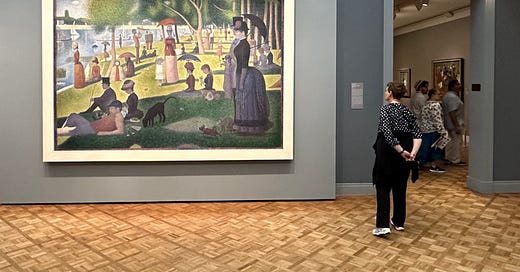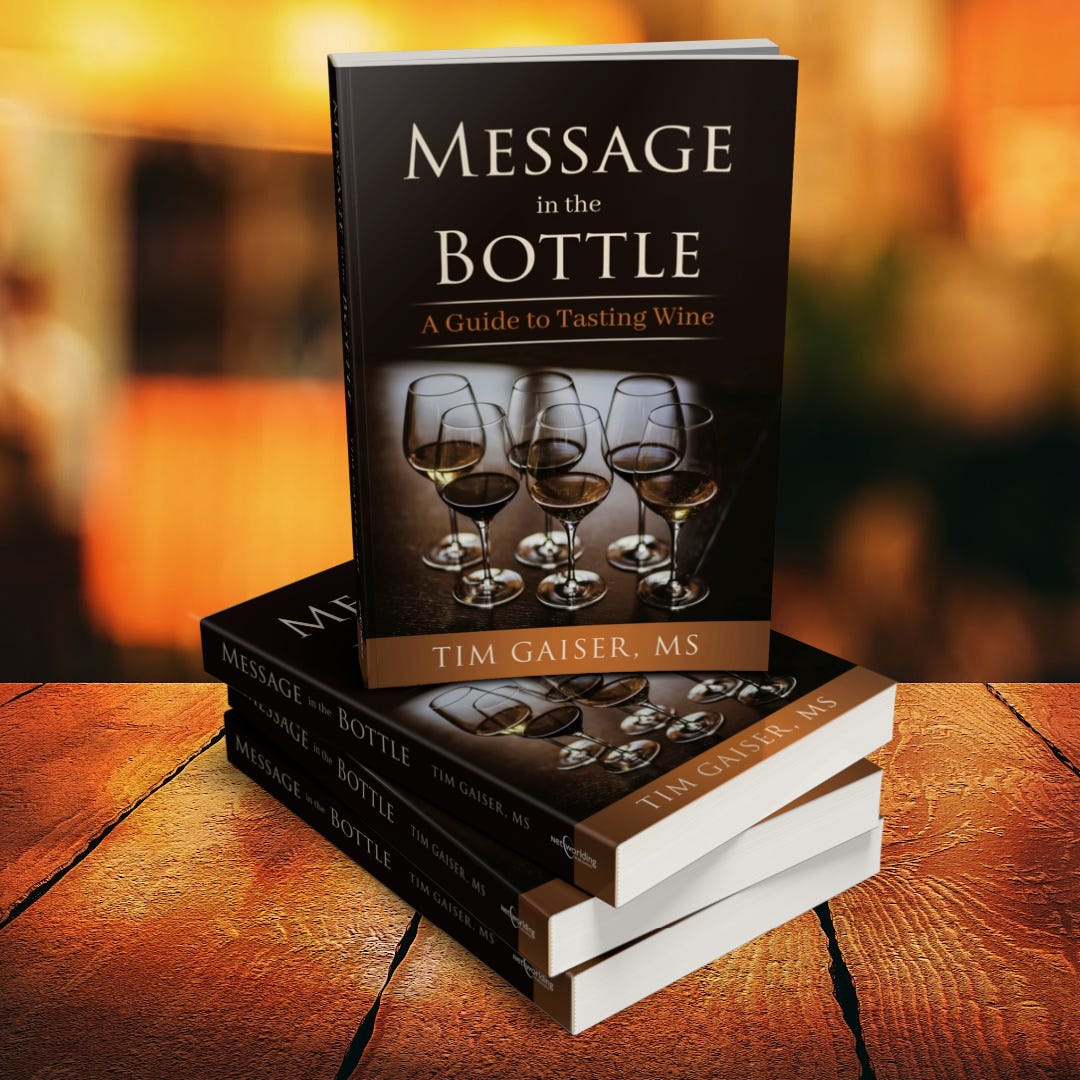It started with a conversation after dinner one night about kid’s books. In particular, the now-classics If You Give a Mouse a Cookie and If You Give a Moose a Muffin. We read both books to the kids when they were young. Carla wasn’t sure if we still had them. If so, they had to be in storage—which is possible. That’s because after almost seven years of being back in New Mexico, I’m not exactly sure what still is in storage.
Meanwhile, Patrick put an end to the mystery when he announced that both books were presently in a bookcase in his bedroom. He then asked me how big a moose was. Was it as big as a yak? I had to think about that one. I told him I thought a moose was taller, but maybe a yak was bigger. As if I know anything. Carla countered by asking how a moose would do you in, if it had the chance. By way of answering, I put both thumbs to my forehead with stretched fingers—the universal sign for antlers. But before I could finish my explanation, she asked “do they stomple you?” Her question caused an immediate yucking up at the table. I told her she’d probably just made up a new word. Then the following exchange happened:
“Stomple,” she said. “You know, like stipple.”
“What does stipple mean?” I responded.
“Stipple is what you do when you put on makeup. You put little dots all over your face and then use another brush to even it out. That way you don’t put too much on.”
I had to admit I’d never heard of the word stipple before. A quick look online confirmed the term and its usage, which originally had to do with painting. Also, that it was probably taken from the Dutch word “stippel,” “or stippelen,” meaning “to spot or dot.” Apparently artists stipple paint on to their canvases and from a distance the dots look like shapes. To me, stipple sounds like walking in the dark at night after more than two margaritas.
If anything, stippeling must be the Dutch word for the technique used by George Seurat in his painting A Sunday Afternoon on the Island of La Grande Jatte. It’s more commonly known as La Grande Jatte, and painted between 1884 and 1886. Seurat’s technique of painting using dots was named “pointillism.” La Grande Jatte is in the collection at the Art Institute of Chicago (above), and I’ve seen it several times. It’s a large painting at approximately eight by ten feet. Which means a lot of stippeling was involved. No surprise that it’s also best viewed from at least 15 feet away.
Impressionism aside, Carla’s coining of the word stomple reminded me of how marvelous the English language is. How it has a never-ending capacity to surprise and delight. Exhibit A, stipple. Or stippel, if you’re rooting for the Dutch. But what about stomple? As it turns out, there is a board game using marbles named Stomple. It’s sold by a company called Marbles Brain Workshop, which sounds like an oxymoron—also the name of a popular laundry detergent in a parallel universe.
I wondered about other words ending in “ple” that I’d never heard of. As it turns out, there are more than a few. Most are self-explanatory. However, I think the category cries out for additions to the menu. And who am I to stand in the way of linguistic progress? With that, here is a list of a few of my very own “ple” words.
Bedimple: Most golf balls are machine made, including all the little dimples that give a ball its aero-dynamic properties. However, it’s a little-known fact that in the production of high-end, super-premium golf balls, the dimples are applied by hand. It’s an obscure job passed down from generation to generation. Bedimplers, as they’re known, tend to be quiet people who generally keep to themselves. At home they knit a lot, drink weak tea, and talk to their cats in hushed voices.
Centuple: A term in CGI animation where something or someone is animated to become instantly and incredibly old. Also called to “age-ify.”
Crimple: to pinch something off. Most of the times it involves something that can’t be named. The verb “preenting” is derived from crimpling.
Decouple: When I was a kid, I’d hear grownups say “flagrante delicto” from time to time. To me, it sounded impossibly exotic and probably involved what adults did behind closed doors in the dark. Only after a thorough survey of men’s magazines, which included a close inspection of the photography, was I able to decipher the actual phrase and its meaning. As an adult, I now know that flagrante delicto means being caught in the act. In which case decoupling is the usual and instantaneous result.
Dispeople: The opposite of datpeople.
Empurple: To watch Prince’s movie with someone who’s never seen it before.
Ensample: One of the many value-adds about shopping at Costco is the many sample stands. All are manned by retirees who don white coats and hair nets, then pass out samples of the latest wieners, cheese, and various snacks. No doubt the most challenging aspect of the job for them is smiling and not bitching about how their feet are killing them. Which is why the shifts are only three hours long. Regardless, ensampling is the technical term for passing out samples at Costco.
Gripple: Tiny white pills that help one cope, or to “get a grip.” They’re only sold at certain Walgreens. The ones with poor lighting and dingy linoleum tile. They’re also available at Target in the “as seen on TV” aisle.
Hirple: A common misspelling of the word “herbil,” which has to do with female gerbils.
Hopple: The slang name for old roller skates from the 1950s that also had springs in them. While an interesting toy that combined the laws of propulsion and inertia, Hopples were soon discontinued because of the many lawsuits by parents whose children suffered broken bones and concussions while using them.
Intercouple: What precedes flagrante delicto which precedes decoupling.
Manciple: A medieval cheese grater with bible verses engraved on the handle.
Popple: A common technique for getting rid of zits. Now there’s a TV show about some doctor who specializes in it. As if I’m going to watch something like that. But I guess people do. How unsightly.
Recouple: What happens post-flagrante delicto, at least when the coast clears and if the mood can be regained.
Repeople: The result of not using birth control during the coupling-decoupling cycle.
Resample: Someone who repeatedly hits the free sample stations at Costco.
Rimple: A technique created by certain Bedimplers, where dimples are placed by hand on chrome auto wheels.
Stipple: You knew it had to be included. But the term stippling can also mean a phase some young children go through when they paint dots on everything including pets.
Stopple: When kids stop stippling.
Subsample: Discovering the sample of mint-flavored cheese handed to you at Costco is inedible.
Swiple: A new finger accessory worn by those who use dating apps on their phone. Swiples resemble the old rubber finger protectors. Only they has ridges instead of nubs and come in pastel colors. Swiple-users swear by the product saying it gives them more staying power on the apps.
Thermocouple: what happens when there’s no flagrante delicto or hasty decoupling. A more common term is sweaty.
Tipple: A popular term for a favorite alcoholic beverage. A more obscure definition is the state that precedes toppling. For example, a toddler tipples just before toppling over.
Uncouple: Another term for decoupling.
Unpeople: Using birth control during the coupling-decoupling cycle. The opposite of repeopling.
Wheeple: An antiquated term for weeping while holding on to the steeple of a church. Wheepling was also known to happen after overuse of a manciple.
Thanks for reading. Enjoy more posts about wine and other musings on my blog at timgaiser.com.
Learn about my book, Message in the Bottle: A Guide to Tasting Wine.






How about a very special "-ple", in the sisterly "wimple"?